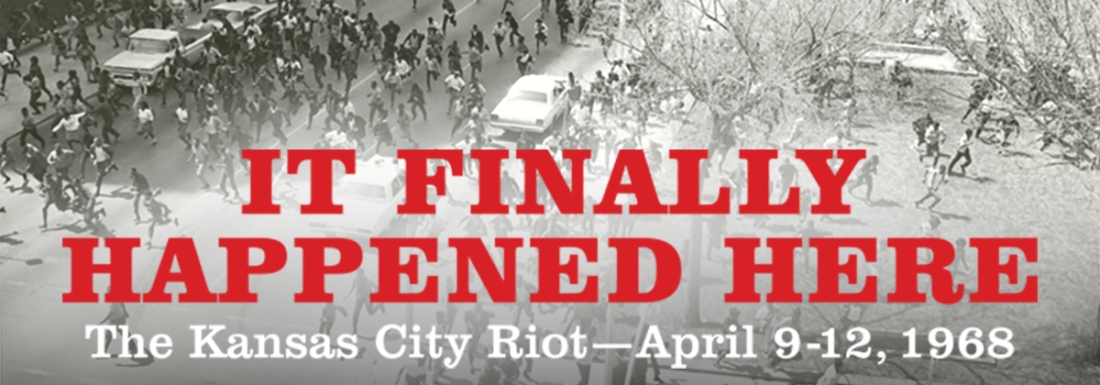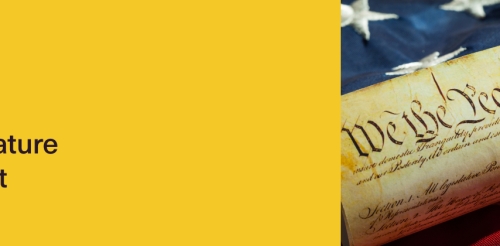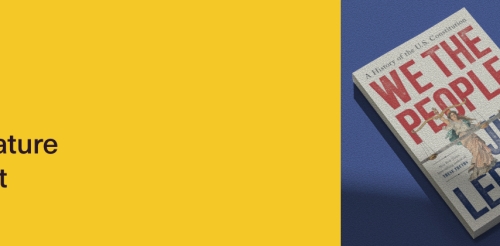We are upgrading our public computers and due to time needed for installation of planned enhancements, public computers at each location will be unavailable or limited for patron use on certain dates.
The deadly riot that shook Kansas City in the wake of Martin Luther King Jr.’s assassination in April 1968 was part of a national rebellion, one of nearly 300 incidents of civil disorder across America during the civil rights era.
Historian Joel Rhodes looks back at the KC uprising and the context in which it occurred. Activists in the South had long used nonviolent protest to confront Jim Crow discrimination. But African-Americans in the urban North faced a different racism, rooted not in law but in economic and other inequalities, and expressed their grievances through violence.
Rhodes, a professor at Southeast Missouri State University, led research for the Library exhibit It Finally Happened Here. The presentation is co-presented by the Enid and Crosby Kemper Foundation, UMB Bank, n.a., Trustee.
Historian Joel Rhodes looks back at the KC uprising and the context in which it occurred. Activists in the South had long used nonviolent protest to confront Jim Crow discrimination. But African-Americans in the urban North faced a different racism, rooted not in law but in economic and other inequalities, and expressed their grievances through violence.
Rhodes, a professor at Southeast Missouri State University, led research for the Library exhibit It Finally Happened Here. The presentation is co-presented by the Enid and Crosby Kemper Foundation, UMB Bank, n.a., Trustee.
Listen
This event is co-sponsored by: Enid and Crosby Kemper Foundation, UMB Bank, n.a., Trustee





